- The World Bank has offered support to the Central Bank of Nigeria Governor, Yemi Cardoso, on his exchange rate policy
- The global bank believes that the policy is a crucial step for Nigeria's economic recovery and considers it the right approach
- The naira is currently exchanging at over N1,500 in the official market and nearly N1,700 in the black market
Legit.ng journalist Dave Ibemere has over a decade of business journalism experience with in-depth knowledge of the Nigerian economy, stocks, and general market trends.
Indermit Gill, the World Bank Vice President and Chief Economist has supported Central Bank Governor Olayemi Cardoso’s foreign exchange unification policy.
Gill also commended the CBN governor for his approach to managing inflation, pointing out that increasing interest rates by over 800 basic points in the last nine months was the right direction.
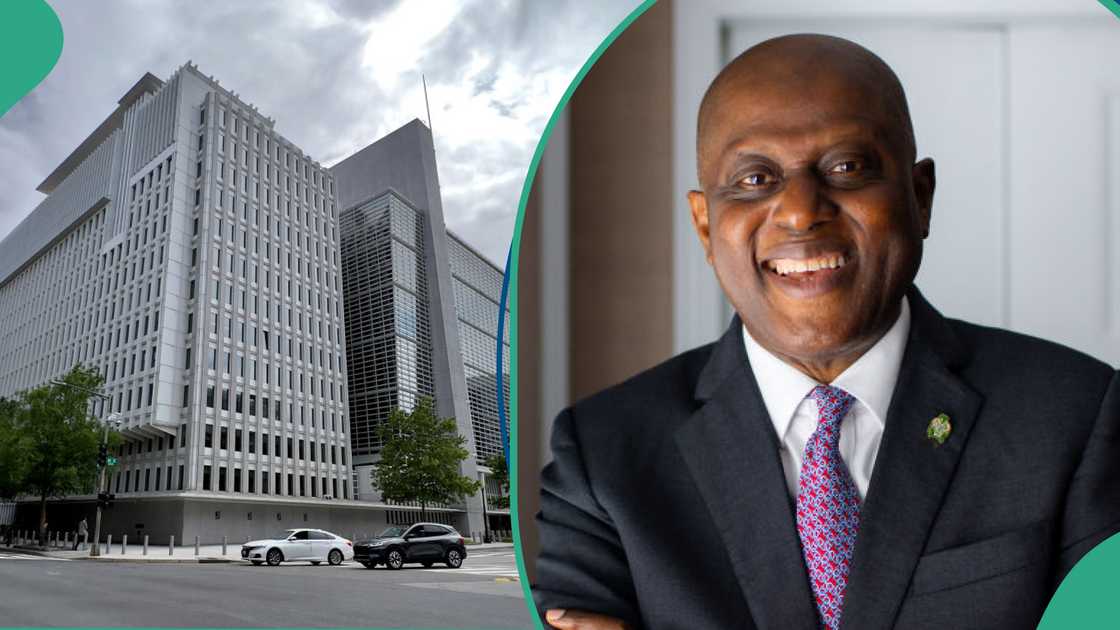
Source: Getty Images
Gill made these remarks while speaking at the 30th Nigerian Economic Summit in Abuja on Monday, October 14, 2024.
Under Yemi Cardoso's leadership, the Central Bank of Nigeria's (CBN) Monetary Policy Committee (MPC) has implemented five interest rate hikes.
The first increase raised the benchmark rate from 18.75% to 22.25%, followed by successive hikes to 24.75%, 26.25%, and finally, a 50-basis-point increase to 26.75% in July 2024.
In the black market, it has reached N1,700 to the US dollar, while in the official market, it has consistently hovered around N1,650 per dollar.
World Bank admit economic hardship
Speaking further, Gill admitted that while the policy has led to hardship for many in Nigeria, especially the vulnerable, he stressed that the policies of Tinubu's government are necessary for the nation’s economic recovery.
He said:
“To return the nation’s economy to a path of sustainable growth, Nigeria must maintain these reforms,” he stated, adding that their successful implementation could transform the Nigerian economy and positively impact the entire Sub-Saharan Africa region.“I don’t know if you agree with me or not, but if the reforms are sustained, they will significantly benefit the economy of Sub-Saharan Africa. Implementing such changes is challenging, but the rewards are substantial, as demonstrated by lessons from the last 40 years and by countries like Norway, Poland, and Korea.” “While Nigeria’s reforms from 2003 to 2007 were necessary, they were not sustained. Today’s fiscal and monetary reforms are affecting everyone, especially ordinary Nigerians grappling with rising food and transportation costs.”He urged policymakers to stay committed to the reforms but called for more government intervention, saying:
“The government must do everything possible to protect the most vulnerable citizens from these hardships, as their lives and those of 110 million children depend on it.”“In the coming years, Nigeria’s policymakers face three key options. First, prioritize non-oil exports. The current exchange rate is the most effective in 20 years, presenting a significant opportunity. Building foreign reserves as a buffer against oil volatility is crucial, and I believe Governor Cardoso is already pursuing these objectives and deserves encouragement.” “Second, every vulnerable household needs government support to navigate the current difficulties. Establishing cost-effective safety nets to protect the most vulnerable should be financed by savings from fuel subsidies and the new exchange rate framework.”Rounding his speech, Gill underscored the urgent need for job creation, stating, “In the next ten years, more than 12 million Nigerians will enter the workforce.
He said:
"It’s essential to generate jobs for them and attract investments, especially in the non-oil sector.”Nigeria spends N6trn on debt servicing
Legit.ng earlier reported that the Nigerian government spent over N6bn on debt servicing payments in the first half of 2024.
The amount exceeded the debt service of 2023 N3.58 trillion, representing a 69% increase.
Experts said the debt servicing showed Nigeria’s rising fiscal vulnerability.
PAY ATTENTION: Сheck out news that is picked exactly for YOU ➡️ find the “Recommended for you” block on the home page and enjoy!
Source: Legit.ng

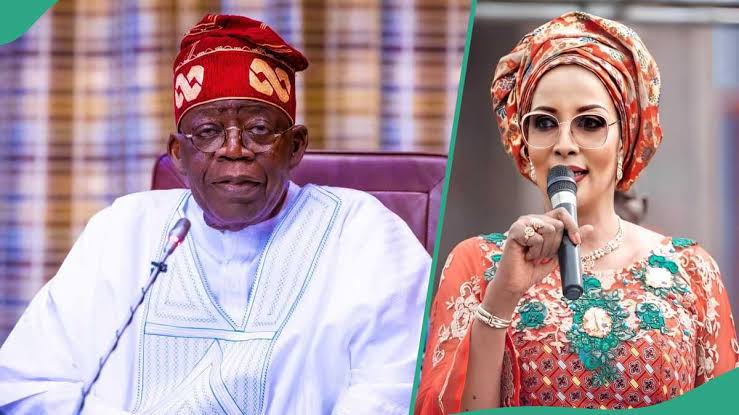

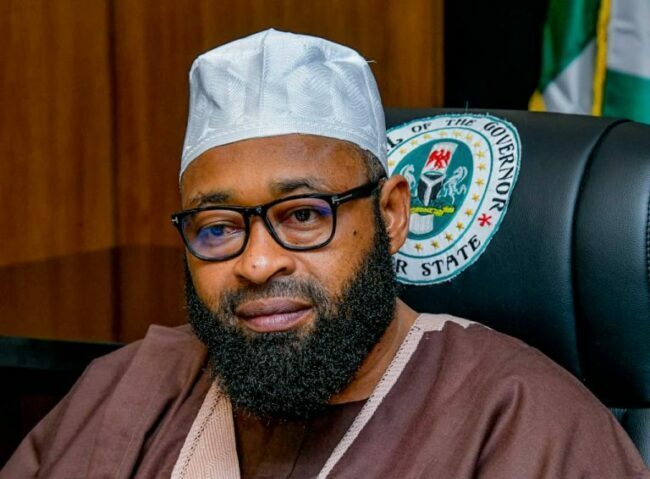






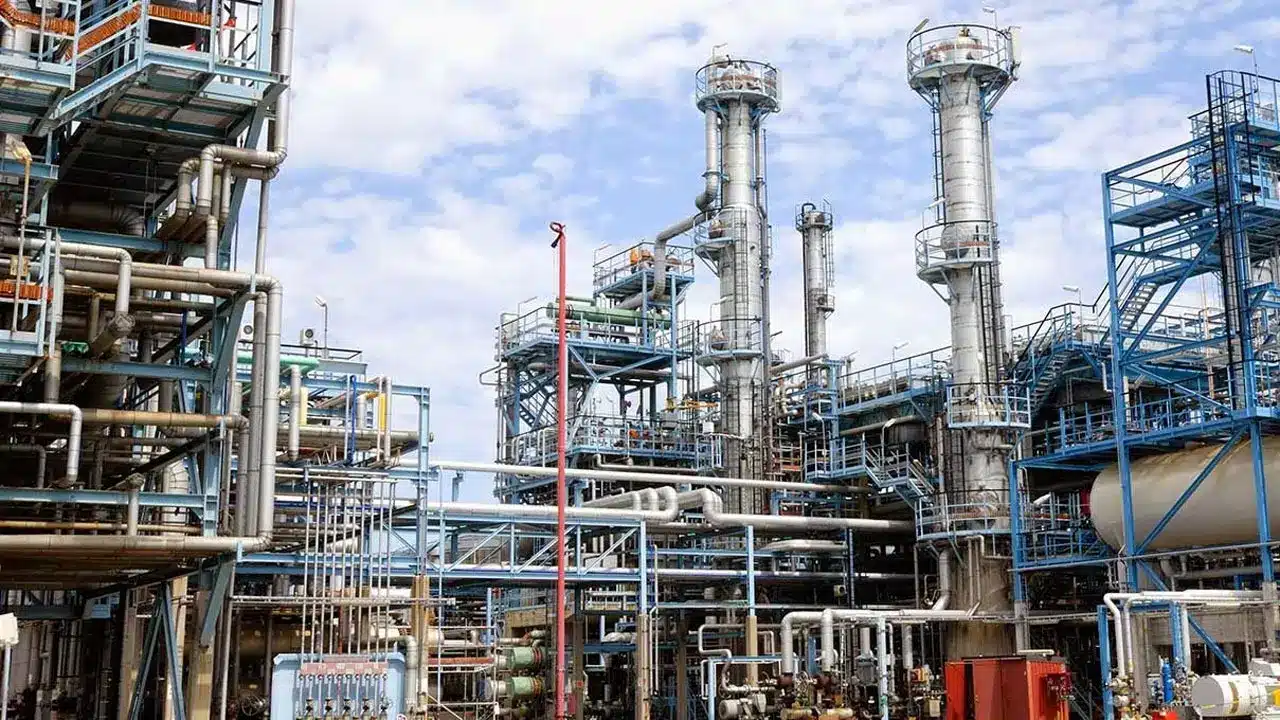
![[Just In] PH Refinery: Nigerians Deserve Clarity, Reduction In Petrol Prices – Peter Obi To NNPC](https://www.naijanews.com/wp-content/uploads/2024/10/jigawa4-768x576-1.jpeg)
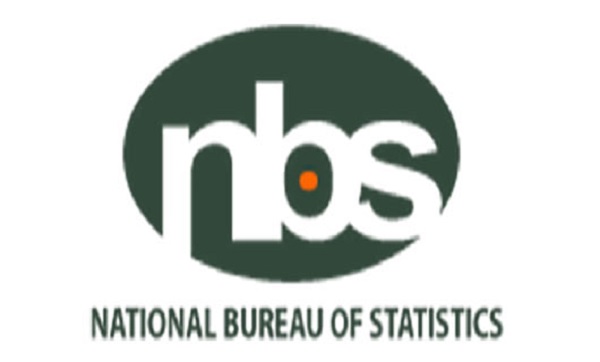
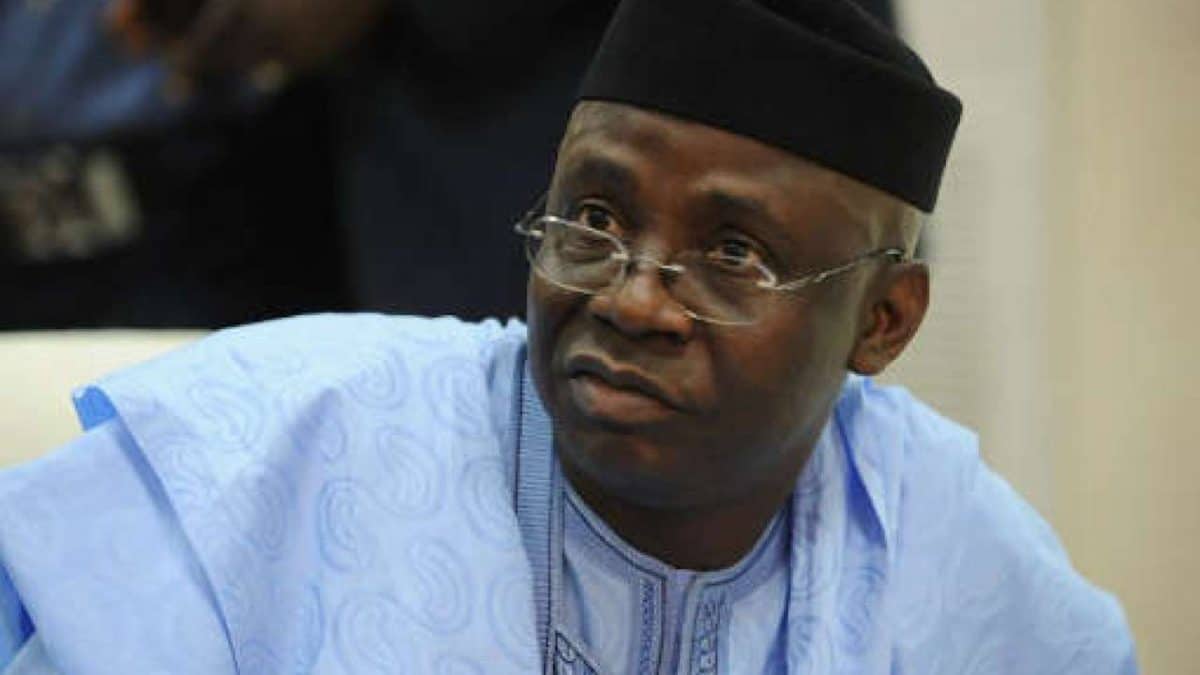


 English (US) ·
English (US) ·